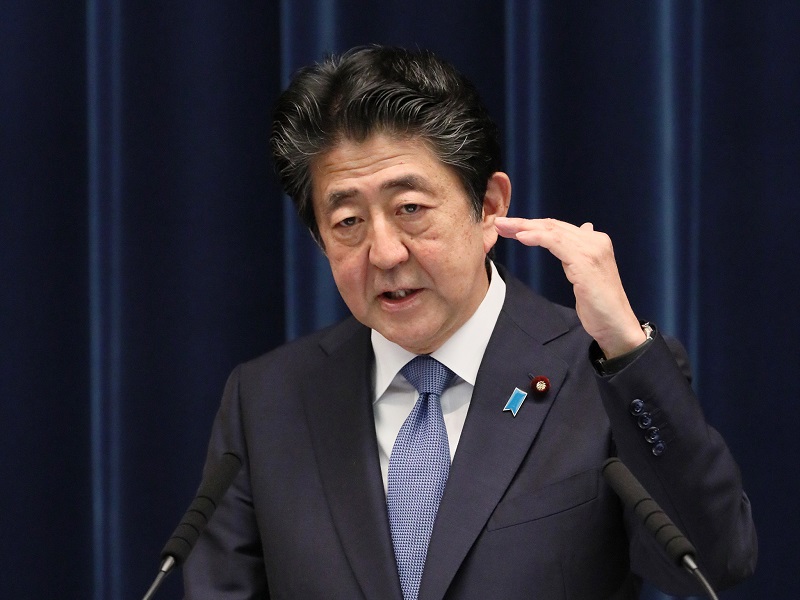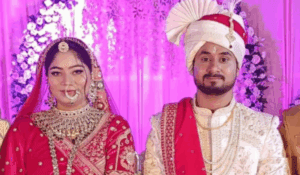The assassination of former Japanese prime minister Shinzo Abe by a man resentful of the Unification Church has resurfaced years of controversy over the group.
Police say Tetsuya Yamagami targeted Abe because he believed the former prime minister supported a “certain group” to which the man’s mother had made large donations.
In a letter published by local media, Yamagami accused Abe of supporting the Unification Church and expressed resentment towards the group, which has confirmed his mother’s membership.
Former followers, lawyers and academics who study the church say reported details on Yamagami’s family fit a common pattern in Japan.
Yamagami’s mother reportedly joined the church after her husband died by suicide, and was quickly consumed by her faith.
Yamagami’s uncle told local media his nephew sometimes called him for help when his mother left her children alone and without food while attending church.
She donated 100 million yen (then around $1 million) to the church, he said, and later declared bankruptcy.
That all sounds familiar to attorney Hiroshi Yamaguchi, who represents former church members.
“Members are under pressure every day to make donations,” he told AFP.
“They tell you karma is attached to money and (donations) are the only way to save yourself. So you think you have to do it.”
Known officially as the Family Federation for World Peace and Unification (FFWPU), the church was founded by Sun Myung Moon in Korea in 1954 and its followers are colloquially known as “Moonies”.
The Japan chapter began in 1959, and membership took off during the country’s 1980s economic boom — “an era in which people were unsure how to live their lives”, said Kimiaki Nishida, professor of social psychology at Tokyo’s Rissho University.











More Stories
6 महीने में मर जाओगे… 230 किलो के अदनान सामी को जब डॉक्टर ने दी थी चेतावनी
Meghalaya murder: Last voice message to family from Indore tourist’s wife adds to chilling puzzle
Virat Kohli Breaks Silence On 11 Deaths Due To Stampede At RCB’s IPL 2025 Title Celebration